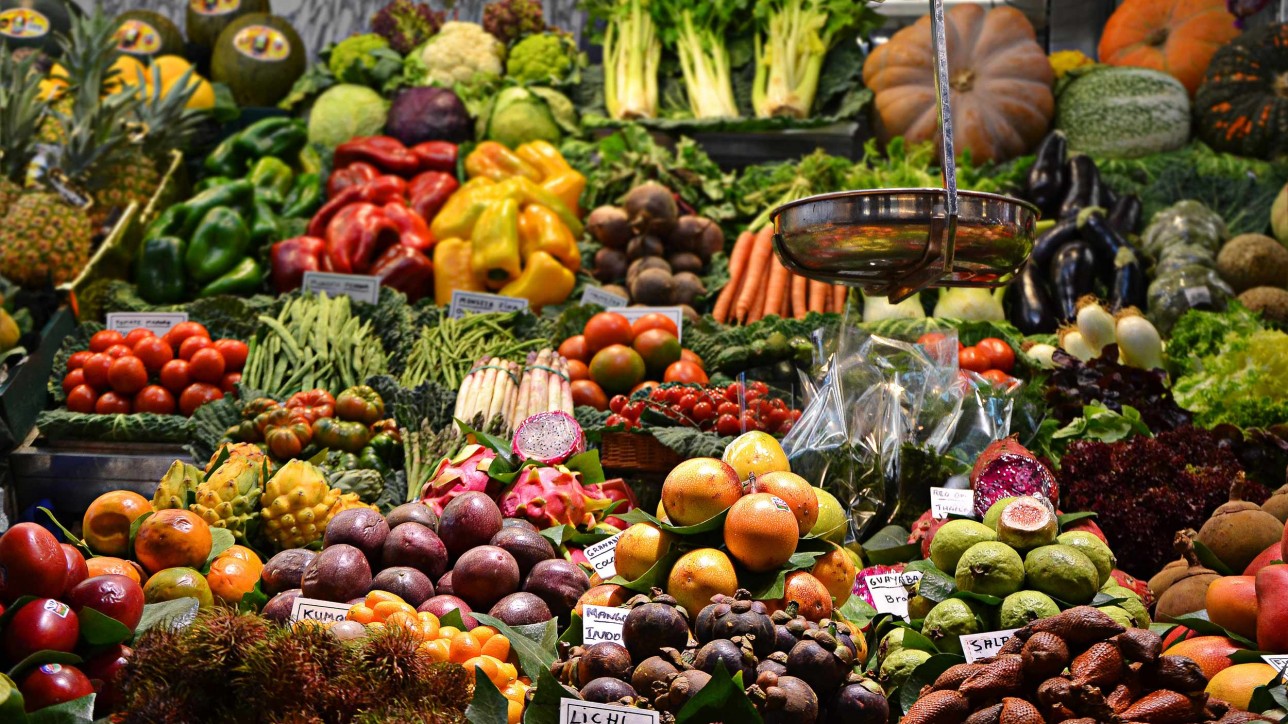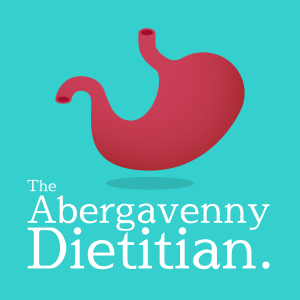Irritable Bowel Syndrome (IBS) affects 17% of the UK population, according to an article in the British Journal of Medical Practitioners. No specific solution is given to everyone who suffers from IBS as different treatments work for different individuals. This makes it notoriously tricky to manage as a condition. The symptoms are bloating, and constipation or diarrhoea.
However, there have been some interesting recent findings suggesting a link between our gut health and a wide range of conditions including IBS.
What are probiotics?
Probiotics are the’ good ‘ bacteria discovered in food products or supplements that can benefit our health by enhancing the functioning of your gut bacteria. You can find them in various forms including yoghurts, tablets, capsules and sachets.
While we tend to believe that bacteria are damaging germs that spoil food or make you sick, many bacteria are useful for our health. The gut is the body’s organ where food is digested and absorbed, and it houses trillions of bacteria that are essential to helping us remain healthy.
The case for probiotics
There is some proof that certain probiotics may help reduce symptoms of IBS, especially bloating, but more research is required to make sure they are definitely doing so.
This news has led many people to take ‘probiotic’ supplements, yoghurts or fermented milk drinks in order to increase the amount of ‘good’ bacteria in their gut. However, some probiotics will find it difficult to reach the gut because they can be neutralised by stomach acid.
One way of boosting your own good gut bacteria more naturally is through eating prebiotics. Prebiotics are particular types of carbohydrates that our gut bacteria can eat. This leads to healthier gut bacteria developing, which is another way to increase probiotics in your gut.
How can I create a healthy and thriving gut to ease my IBS symptoms?
Recent research suggests that diversity is vital for good gut health, and that if possible we should aim for thirty different plant-based foods a week (this includes grains, nuts and seeds as well as fruit and veg). I gave it a go this week – it’s not as easy as it sounds!!
More realistically, about ten different plants is a good place to start. And more variety in your diet has to be a good thing! Here are some of the plant-based foods that we recommend:
- Onions
- Garlic
- Leeks
- Asparagus
- Artichoke
- Chicory
- Banana
- Oats
Although many academics have done research on the use of prebiotics as a supplement to easing IBS symptoms, more studies have been done on probiotics. There’s no doubt that we need to do some more research in these areas for the use of prebiotics. But there is also no harm (and plenty of good!) in eating more plant based foods in general.
If you’re thinking of adding a more diverse set of plant-based foods to your diet, remember that it’s important to aim for small improvements, rather than to be “perfect” straight away.
The Abergavenny Dietitian
Generally speaking, probiotics are quite safe for healthy people of all ages. However, you should know that when taking a probiotic, if your immune system does not work correctly, you may be at danger and should seek advice from a doctor or dietitian.
If you’re looking for ways to manage your IBS conditions through your diet, call me today! I’m a registered dietitian working in Abergavanny, but I can help you wherever you are in in the UK.
Disclaimer: All content found on this website, including images, videos, infographics and text were created solely for informational purposes. This content should never be used for the purpose of diagnosis or treatment of any medical conditions. Content shared on my website is not meant to be used as a substitute for advice from a regulated medical professional. Reliance on the information provided on my website as a basis for patient treatment is solely at your own risk. I urge all my customers to always consult a doctor or a regulated medical professional before implementing any of the advice found on these blogs.


